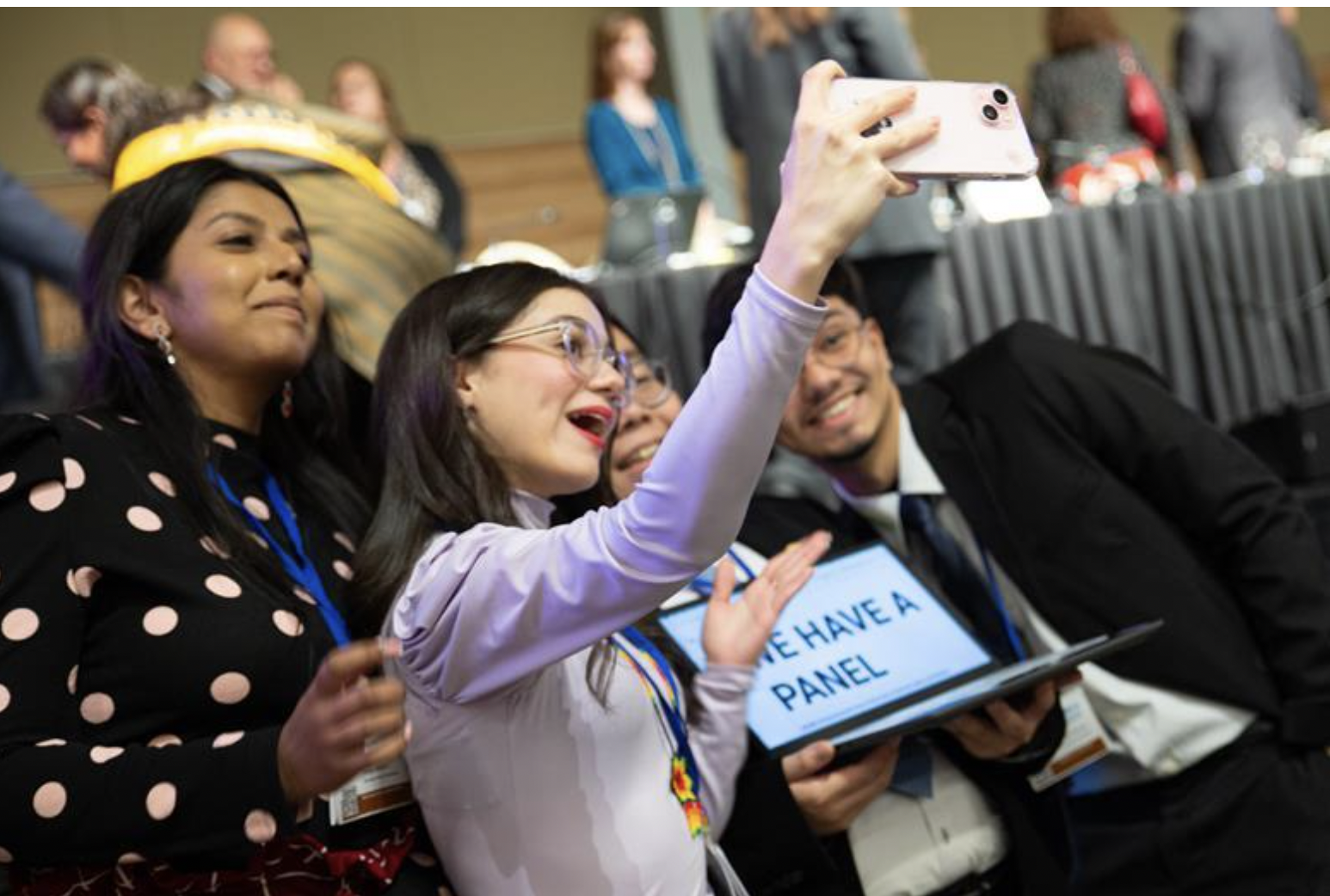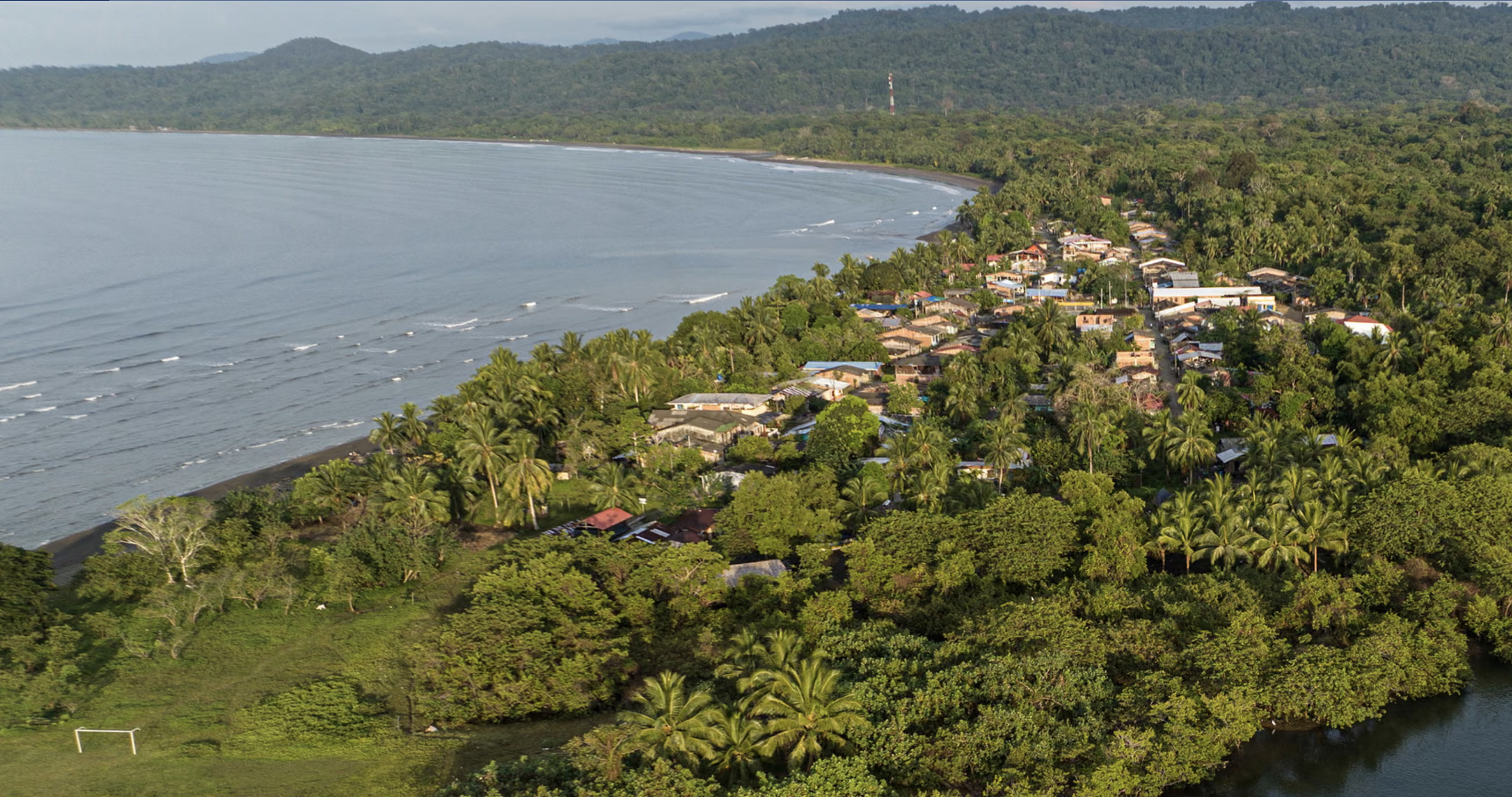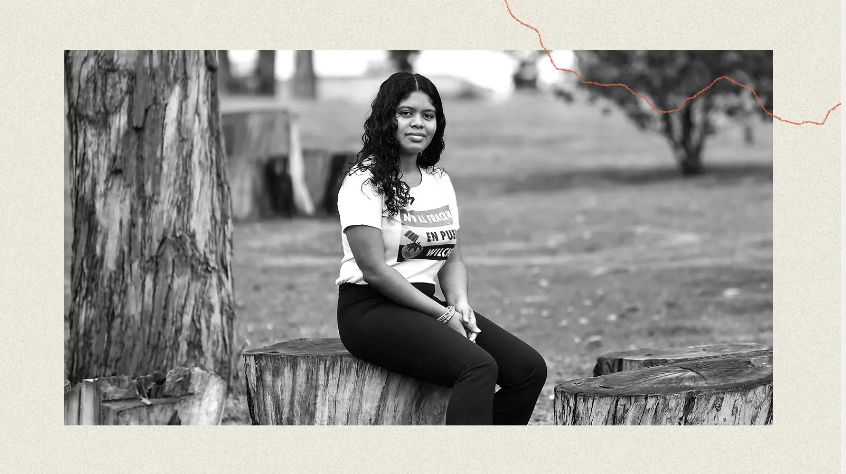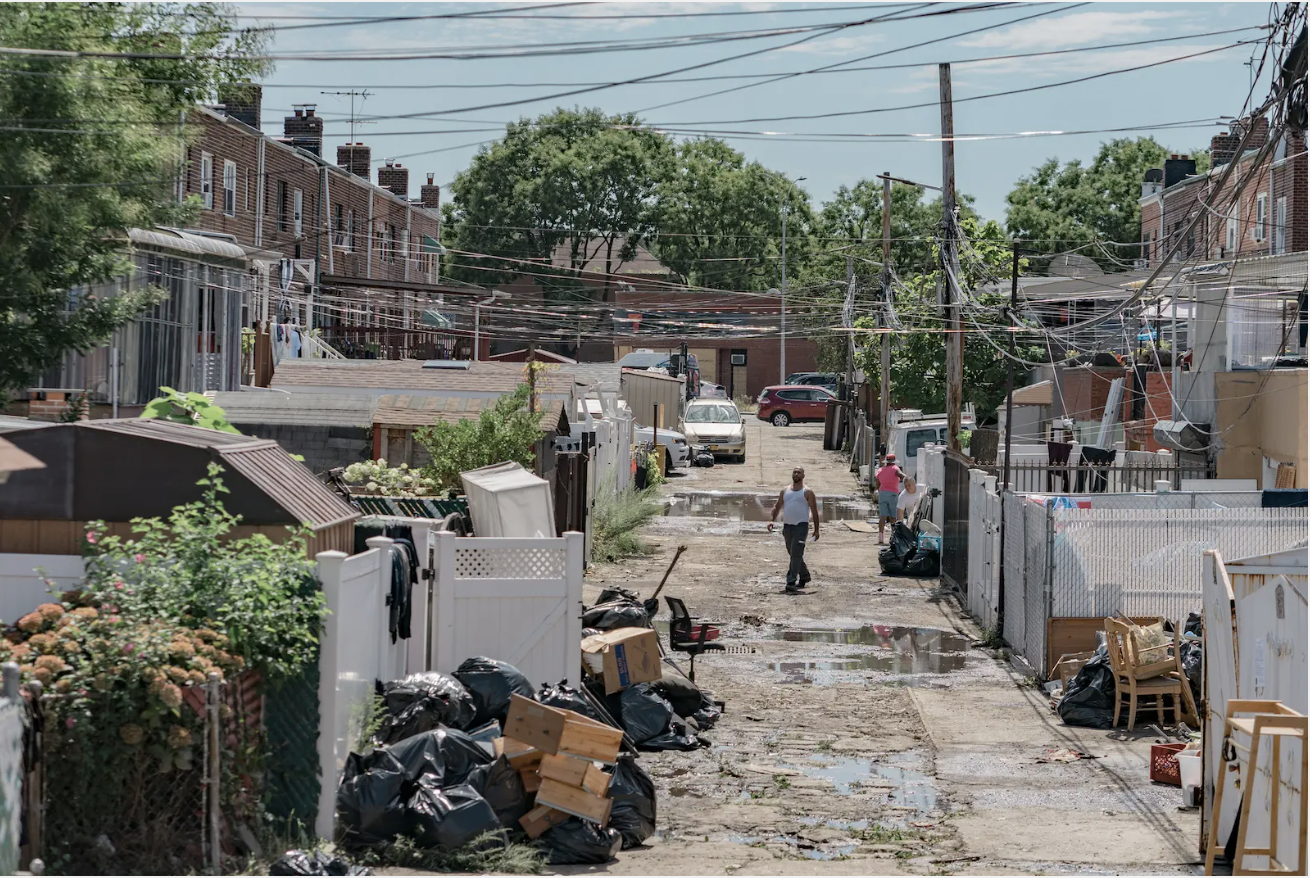Writing
Freelance Journalist
2019 - Present
The UN just established a new scientific panel to advise it on chemical pollution. Its future is uncertain
The new panel is seen as a historic step towards putting chemical waste and pollution on a par with climate change and biodiversity loss.
Chemistry World
‘Living under this constant threat’: Environmental defenders face a mounting mental health crisis
Environmental activists are struggling with paranoia, panic attacks, and depression. Now, a growing network of mental health shelters in South America hopes to fill a void in care.
Part of the series “Invisible Trauma”, published with the support of the Rosalynn Carter Fellowship for Mental Health Journalism in Latin America.
Grist
Gigantic snake carvings may have been ancient ‘road signs’
Long before European colonization, mysterious riverside engravings may have marked South American borders.
Science
How to Feed 10,000 Rebel Fighters for 50 Years
Researchers are studying the cooking traditions of the FARC, Colombia’s disarmed guerrilla group.
Atlas Obscura
Migration is a journey that has long shaped human and avian existence. Meet four people whose lives and work reflect those close connections.
Audubon
Agroforestry systems in Latin America practised by local communities are a boon to biodiversity, according to research.
The Guardian
Opposing fracking cost one Colombian activist her mental health. She’s fighting to win it back.
"At some point, they will kill you and kill all of us," environmental leader Yuvelis Natalia Morales Blanco was told.
Part of the series “Invisible Trauma”, published with the support of the Rosalynn Carter Fellowship for Mental Health Journalism in Latin America.
Grist
How Colombia plans to keep its oil and coal in the ground, for BBC Future
The country’s new president has been vocal about plans to leave fossil fuel extraction behind. But the country faces an uphill struggle to do this in practice.
BBC Future
In Colombia, Indigenous Lands Are Ground Zero for a Wind Energy Boom
The northernmost tip of South America, home to the Indigenous Wayúu people, is the epicenter of Colombia’s nascent wind energy industry. But Wayúu leaders are concerned that the government and wind companies are not dealing fairly with the inhabitants of this long-neglected land.
Yale Environment 360
Researchers push to include animal culture in conservation policy
As evidence accrues of complex socially transmitted behaviors in animals, biologists are figuring out how to use these data in conservation
Science
A ‘Warehouse’ By Any Other Name
How outdated zoning codes are fueling the sprawl of e-commerce warehouses.
2020 was the deadliest year for environmental activists. Here’s why
Pandemic lockdowns erased safety networks and left environmental defenders more vulnerable to attacks.
Facing floods and fires, undocumented immigrants have nowhere to turn for help
In the United States, most emergency funds after climate-related disasters still exclude undocumented immigrants. Can we change that?
Covering Environmental Health When Science Is Lacking
Many journalists covering environmental health issues may find themselves in a confounding situation: A person or community has experienced illness or injury that they trace to some kind of environmental pollution, often at the hands of rich and powerful actors. And yet no scientific data exist that can directly support their claims. How to responsibly cover these stories?
Writing Vivid Scenes from a Distance: Lessons from Audio Producers
Despite the Covid-19 lockdowns, podcasts that normally rely heavily on narration, scene-building, and fieldwork managed to create content that still felt true to their essence. Could any of their techniques help science writers writing narrative journalism while relying only on remote reporting?
This pair of dancing stars will one day collide and explode
They could give us insight into the biggest kinds of explosions in the Universe.
Audubon
Intern (Summer 2020)
The Tale of One Tiny Songbird Is Amplifying an Ancient Mayan Language
How a children's book about the endangered Golden-cheeked Warbler became part of a movement to embrace Indigenous languages in Mexico.
El Espectador
Vivir Desk Reporter
(2016 - 2019)
Las empresas petroleras y mineras pagan muchos impuestos… ¿o no? (In Spanish)
Although on paper oil, gas, and mining companies must pay taxes valued at 25% of their profits, after a series of legal benefits they only pay 2%. Neither the DIAN nor the Ministry of Finance gives explanations.
La primera exploradora de la mitad azul de Colombia (In Spanish)
Carmenza Duque was a pioneer in the research of Colombia's marine biodiversity. Throughout her career, the chemist and her team identified 1,559 chemical compounds, some with potential in medicine and industry. Part of the #ColombianasEnLaCiencia series.
Así explotó el “boom” de las consultas populares (In Spanish)
In 2017, municipalities all over Colombia were planning to call for popular consultations to prohibit the exploitation of oil, gas, or minerals in their territories. This is the story of how the movement expanded.
Freno financiero a las consultas populares (In Spanish)
A year after I wrote about the popular consultations “boom”, I reported how the Colombian government was denying funding to conduct the popular referenda in at least 11 places, violating the municipalities’ rights to self-determination.
El Espectador
Justice Desk Intern
(2016 - 2019)
El Cuerpo mutilado de Bojayá (In Spanish)
The story behind one of the most emblematic images of the armed conflict, the mutilated Christ of Bojayá’s church, tells the very story of a people who rebuilt themselves after war ravaged their lives in 2002.
"No nos vamos a callar hasta que no haya justicia": Madres de Soacha (In Spanish)
Once again, the Mothers of Soacha –mothers of young, poor Colombians killed by the Colombian Army and falsely accused of being guerrilla fighters– were left demanding justice in the courts. Their process, which has completed eight years in court, still has no end point.






















